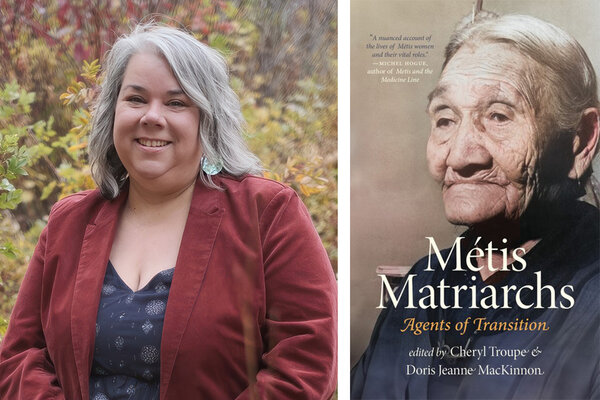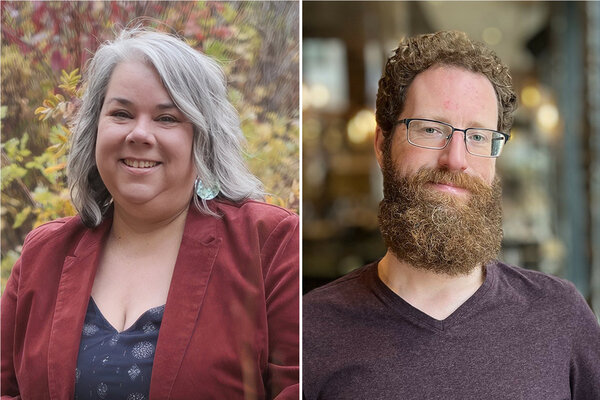
USask Historians of Medicine Participate in International Exchange with Shanghai University
Historians of Medicine visit Shanghai
By Erika Dyck and Karissa Patton
For the last two weeks of the Fall Term 2019/2020 Erika Dyck and Karissa Patton from the Department of History visited Shanghai University in China to participate in an international exchange program in medical history. Hosted by the College of Liberal Arts and the David Musto Centre for Drug Policy Studies, they were joined by PhD students and post-doctoral fellows from the University of Manchester and Strathclyde University in the United Kingdom to promote medical history across global boundaries. Two weeks is not nearly enough time to acclimatize to Shanghai, but what follows are some reflections on the visit and the importance of scholarly exchanges.
We met graduate students from Shanghai University who are studying health and medical history. They impressed upon us the value in scholarly exchanges that have helped to challenge our collective ideas about how history is interpreted and how that process has influenced our ideas of fairness, equality, and health care rights in different places over time.
The study of history is inherently political, and working with students in China while visiting historical sites in the Shanghai region makes this point very clearly. How we remember the past, what we choose to memorialize, and how we interpret the meaning of people and events has a profound impact on the way we understand the future. This point may seem generic, but engaging in a scholarly exchange helps us to clarify what this means in our own programs and in our own understanding of the past, whether that is measured through our understanding of foreign policy, drug regulation, public health, or feminist perspectives on healthcare services. All of these topics animated our discussions in Shanghai and helped us confront some of our own assumptions about the historical legacies of justice in our own regions.
As part of our visit, we also went on historical walking tours. On one such tour we visited the home of a woman in Shanghai. Her home has survived for nearly 400 years in what one might consider downtown Shanghai. Descended from German colonists who settled in Shanghai in the 19th century, the home itself has fallen into disrepair and is now a prime site for redevelopment as the massive mega-tropolis continues to build concrete towers to increase the density of this 25+ million person city. Buried amid the ruins of what was once a Chinese garden and a wooden home, is a doorway over which a stone carving with Chinese characters. Our interpreter explained that they remind us to respect the past.


